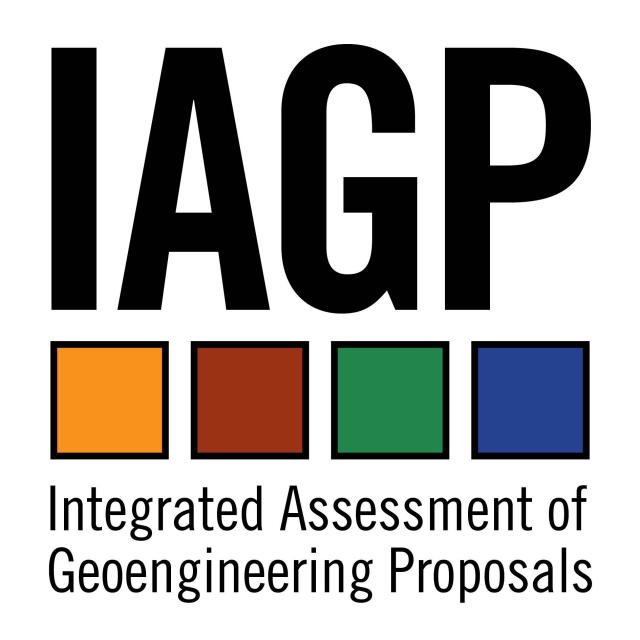You are hereMessing with nature? Exploring public perceptions of geoengineering in the UK
Messing with nature? Exploring public perceptions of geoengineering in the UK
New open access, IAGP article published in Global Environmental Change
Messing with nature? Exploring public perceptions of geoengineering in the UK
Authors: Adam Corner, Karen Parkhill, Nick Pidgeon, Naomi E. Vaughan
This paper provides "the first in-depth examination of public views about how geoengineering technologies relate to nature, exploring the reasons why 'messing with nature' is such a powerful narrative in public perceptions of geoengineering..."
Led by IAGP teams at Cardiff and UEA four 'deliberative workshops' were convened in UK cities, Birmingham, Cardiff, Glasgow and Norwich at which members of the public discussed geoengineering and its social and ethical implications. The paper reflects on the views put forward and on the implications for how society relates to nature.
One of the strongest themes to emerge from the workshops was the idea - interpreted in many different ways - that geoengineering might represent an unprecedented level of human intervention into the natural world, and alter our relationship with 'nature'. Whilst the idea of 'messing with nature' is not a new one in science and technology studies, the sheer scale and scope of geoengineering technologies seemed to suggest new ways in which these potentially earth-altering technologies might shape the natural world and human's relationships to it.
The research showed that whilst “there was almost universal acknowledgment that geoengineering meant that natural systems would be interfered with, there was no consensus about whether this was a good or bad thing.” The authors suggest the reasons for this might be due to the perception of geoengineering as “a necessary ‘Plan B’, in case our other option fails and we are faced with a climate emergency.” This points to the critical role played by how geoengineering is framed in determining the publics’ response. “Presenting geoengineering as a possible response to a climatic emergency... could artificially enhance the acceptability of conducting research into... (geoengineering) technologies.”
The paper points to the challenge facing researchers and policy-makers, “There is a danger here –as happened with GM— that concerns about the potential of geoengineering to ‘mess’ with nature will simply be dismissed as anti-science, or irrational.” This, they say, would miss the complexity of the relationship between public perceptions of geoengineering and their views on ‘nature’ brought out by this research.
This is an open access paper and is available for free download from the GEC website.
http://dx.doi.org/10.1016/j.gloenvcha.2013.06.002



